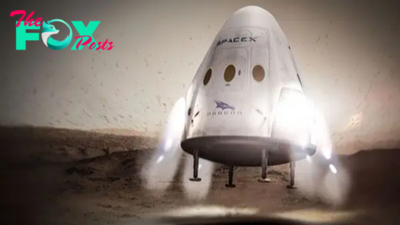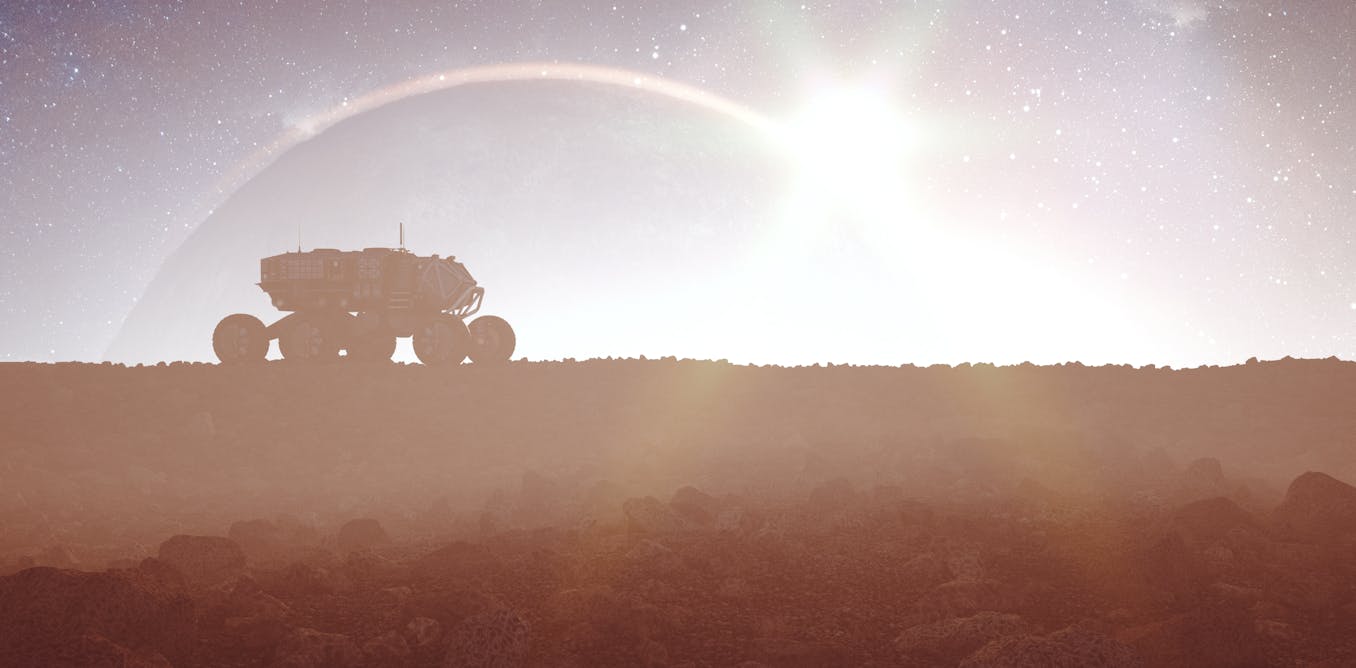Science
Catastrophic collision between Milky Way and Andromeda galaxies may not happen after all, new study hints
The Milky Way has a 50-50 chance of colliding with a nearby galaxy in the next 10 billion years, a new study finds.
Yet while those odds appear daunting, the new finding suggests the catastrophic collision is far less likely than previously thought.
Located roughly 2.5 million light-years away, the Andromeda (M31) galaxy is approaching our Milky Way at a speed of 68 miles per second (110 kilometers per second). Because of this astronomers have long predicted that the two galaxies will inevitably become locked in a fatal dance sometime in the next several billion years — spiraling into each other and merging to form a new galaxy.
But according to a new study, published July 31 on the preprint server arXiv, the two galaxies are just as likely to narrowly miss each other.
"We find that uncertainties in the present positions, motions, and masses of all galaxies leave room for drastically different outcomes, and a probability of close to 50% that there is no Milky Way-Andromeda merger during the next 10 billion years," the authors wrote in the study.
Related: James Webb Telescope spots galaxies from the dawn of time that are so massive they 'shouldn't exist'
American astronomer Vesto Slipher discovered Andromeda galaxy's possible collision course with our own in 1912, when he found that Andromeda's light was doppler-shifted to the blue part of the light spectrum due to its approach.
-
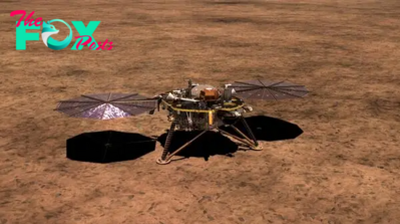
 Science1d ago
Science1d agoMars May Have Far More Water Than We Thought
-
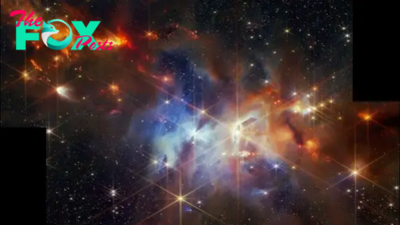
 Science1d ago
Science1d agoSpace photo of the week: James Webb telescope catches baby stars roaring to life
-

 Science2d ago
Science2d agoDo opposites really attract in relationships?
-
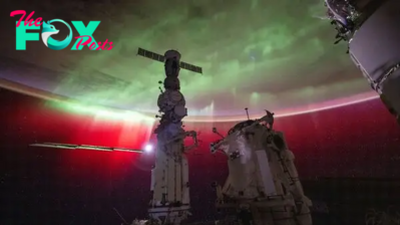
 Science2d ago
Science2d agoNew ISS images showcase auroras, moon and space station in glorious photos
-
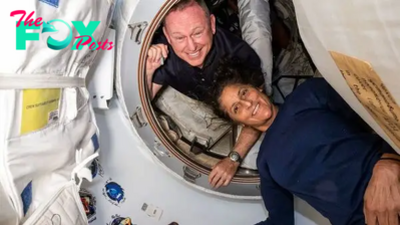
 Science2d ago
Science2d agoHow will the trapped Boeing Starliner astronauts perceive time after 6 months in space?
-
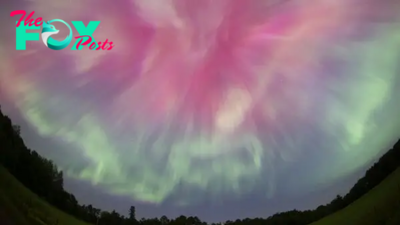
 Science2d ago
Science2d agoAuroras headed to the US again in aftermath of gargantuan 'X-class' solar flare
-
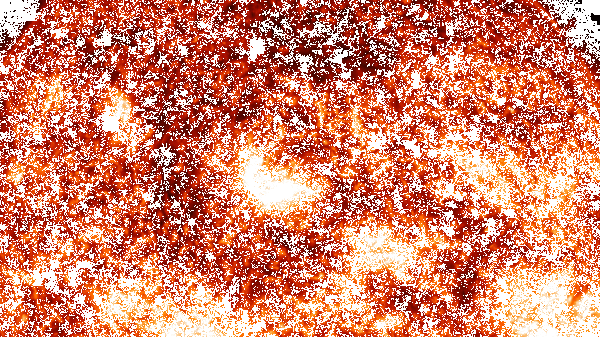
 Science2d ago
Science2d agoColossal X-class solar flare erupts from 'rule-breaking' sunspot — and Earth is in the firing line
-
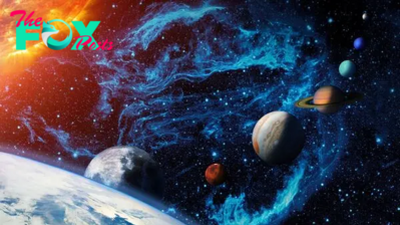
 Science3d ago
Science3d agoWhat is the coldest place in the solar system?
